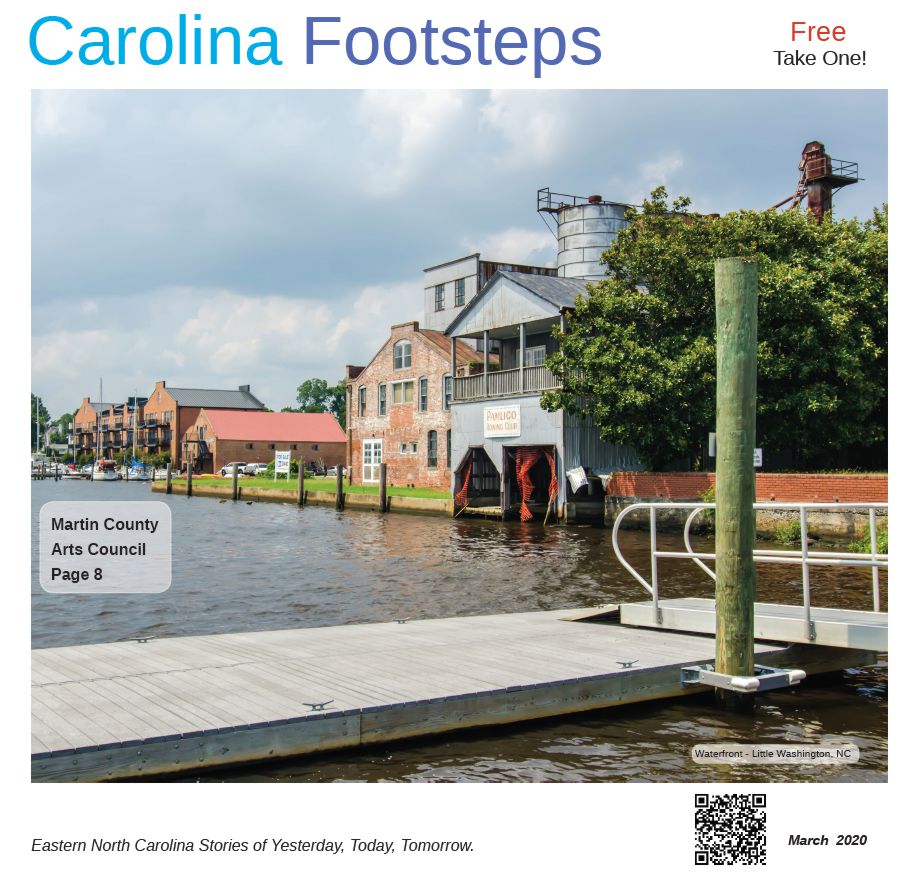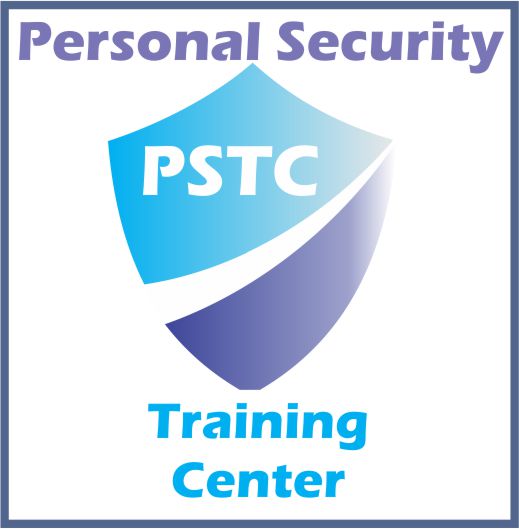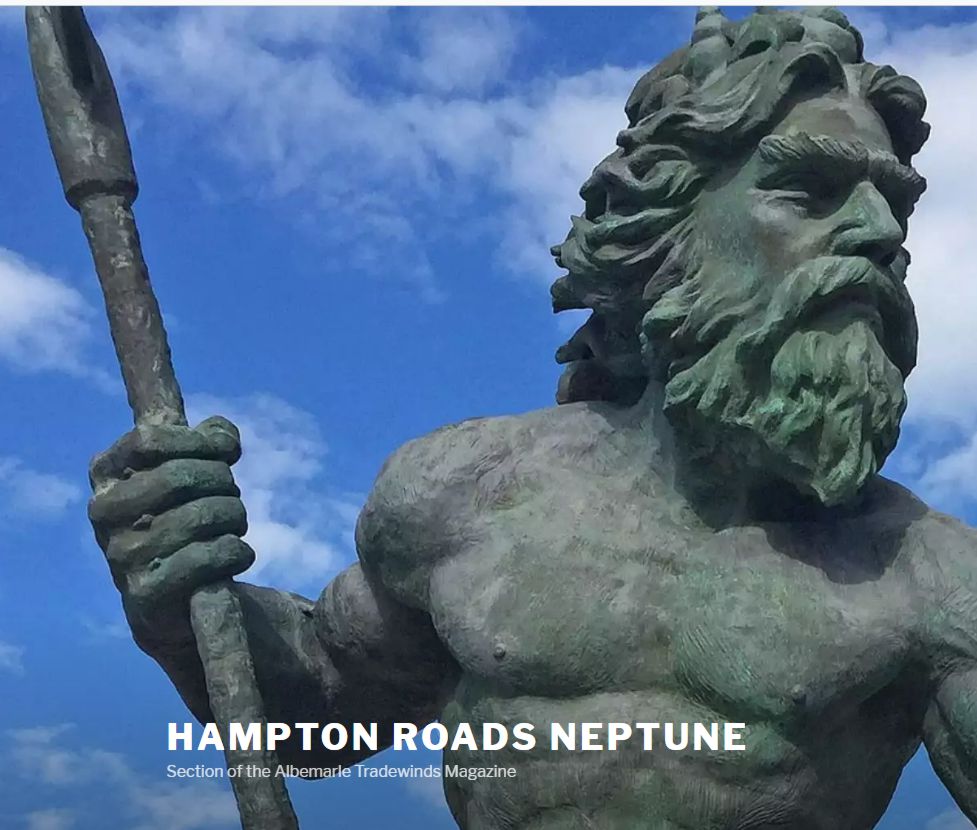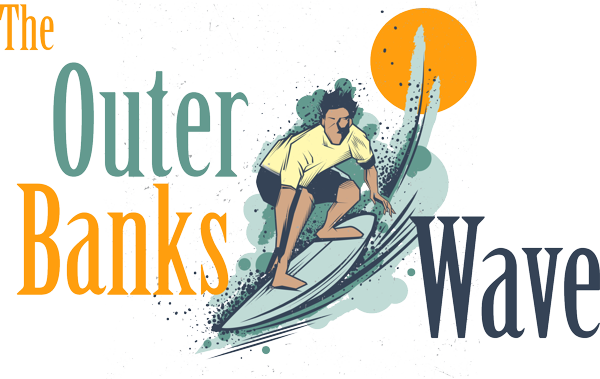The shooting death of Philando Castile focuses our attention on interactions between police and concealed carry permit holders. The dash cam footage shows that the event was highly stressful on all involved. Hopefully, we can learn from it to prevent a similar tragedy in the future.
When Mr. Castile informs the officer that he has a weapon, the officer's stress level goes up. It can be heard in his voice. The officer tells Castile not to "pull it out", but Castile apparently reaches for something. (The inside of the car is not visible on the video.) The officer yells several times for Castile not to pull it out, but the situation escalates to where the officer shoots Castile several times, resulting in his death.
Castile may have been reaching for the weapon, his ccw permit, or something else. We may never know. It doesn't make sense that he would reach for the weapon after 1) warning the officer that he had it, 2) knowing that the officer was on alert for a weapon, and 3) being told not to reach for it. The only thing that is certain is that the rapid escalation of the situation and the stress on both sides is what triggered the fatal shooting. If the escalation and stress were eliminated, then the outcome would have been different.
There has been much discussion criticizing both parties in the encounter, with much of it oversimplifying the issues. True, Castile would be alive if he had simply not reached for whatever it was he reached for. But the officer didn't handle the situation calmly either. His instructions were for Castile not to "pull it out", not "don't reach for anything". Given the chance, both would have handled the situation differently.
On any traffic stop, the officer is naturally on alert, because he likely doesn't know who he is stopping, even if he knows from the license plate who owns the vehicle. For all he knows, the driver could be a violent prison escapee. We all get nervous upon being stopped by the police. When the officer learns that there is a weapon, his stress goes up further. Police officers are trained to look for nervousness as a sign of something suspicious, so stress begets stress. No one is immune to it, and stress makes people do irrational things, on both sides of the encounter. We cannot control what the officer does, but we can control what we do. The key is to deescalate the situation.
Take a deep breath, slow down, and do things very deliberately. Keep your hands on the wheel and do not move them unless told to do so by the officer. Be polite and respectful. Keep your voice at a calm, conversational level. Tell the officer early on that you have a weapon and where it is. Do not reach for anything without clearly telling the officer what you are going to do, and getting his consent to do so. Make all movements very slowly, even those directed by the officer. Ladies with a weapon in a purse may want to consider giving the entire purse to the officer, and letting him retrieve your ID and ccw permit. (You don't want to get shot while digging through the purse trying to find them.) The same rules apply when being approached by an officer on foot.
Finally, be conscious of the situation where you are not carrying a weapon on your body, but may get so close to one that it could be considered to be "about your person". For instance, I was surf fishing in waist-deep water, and my fishing license was in my vehicle. When approached by the fisheries officer, I had to go to the vehicle to get it. I had a weapon in the vehicle, which I made sure I disclosed to the officer.
Communicate. Cooperate. Live to tell about it.
When Mr. Castile informs the officer that he has a weapon, the officer's stress level goes up. It can be heard in his voice. The officer tells Castile not to "pull it out", but Castile apparently reaches for something. (The inside of the car is not visible on the video.) The officer yells several times for Castile not to pull it out, but the situation escalates to where the officer shoots Castile several times, resulting in his death.
Castile may have been reaching for the weapon, his ccw permit, or something else. We may never know. It doesn't make sense that he would reach for the weapon after 1) warning the officer that he had it, 2) knowing that the officer was on alert for a weapon, and 3) being told not to reach for it. The only thing that is certain is that the rapid escalation of the situation and the stress on both sides is what triggered the fatal shooting. If the escalation and stress were eliminated, then the outcome would have been different.
There has been much discussion criticizing both parties in the encounter, with much of it oversimplifying the issues. True, Castile would be alive if he had simply not reached for whatever it was he reached for. But the officer didn't handle the situation calmly either. His instructions were for Castile not to "pull it out", not "don't reach for anything". Given the chance, both would have handled the situation differently.
On any traffic stop, the officer is naturally on alert, because he likely doesn't know who he is stopping, even if he knows from the license plate who owns the vehicle. For all he knows, the driver could be a violent prison escapee. We all get nervous upon being stopped by the police. When the officer learns that there is a weapon, his stress goes up further. Police officers are trained to look for nervousness as a sign of something suspicious, so stress begets stress. No one is immune to it, and stress makes people do irrational things, on both sides of the encounter. We cannot control what the officer does, but we can control what we do. The key is to deescalate the situation.
Take a deep breath, slow down, and do things very deliberately. Keep your hands on the wheel and do not move them unless told to do so by the officer. Be polite and respectful. Keep your voice at a calm, conversational level. Tell the officer early on that you have a weapon and where it is. Do not reach for anything without clearly telling the officer what you are going to do, and getting his consent to do so. Make all movements very slowly, even those directed by the officer. Ladies with a weapon in a purse may want to consider giving the entire purse to the officer, and letting him retrieve your ID and ccw permit. (You don't want to get shot while digging through the purse trying to find them.) The same rules apply when being approached by an officer on foot.
Finally, be conscious of the situation where you are not carrying a weapon on your body, but may get so close to one that it could be considered to be "about your person". For instance, I was surf fishing in waist-deep water, and my fishing license was in my vehicle. When approached by the fisheries officer, I had to go to the vehicle to get it. I had a weapon in the vehicle, which I made sure I disclosed to the officer.
Communicate. Cooperate. Live to tell about it.
Firearms and the Law July 2017
 Reviewed by kensunm
on
7:00:00 PM
Rating:
Reviewed by kensunm
on
7:00:00 PM
Rating:
 Reviewed by kensunm
on
7:00:00 PM
Rating:
Reviewed by kensunm
on
7:00:00 PM
Rating:







No comments: